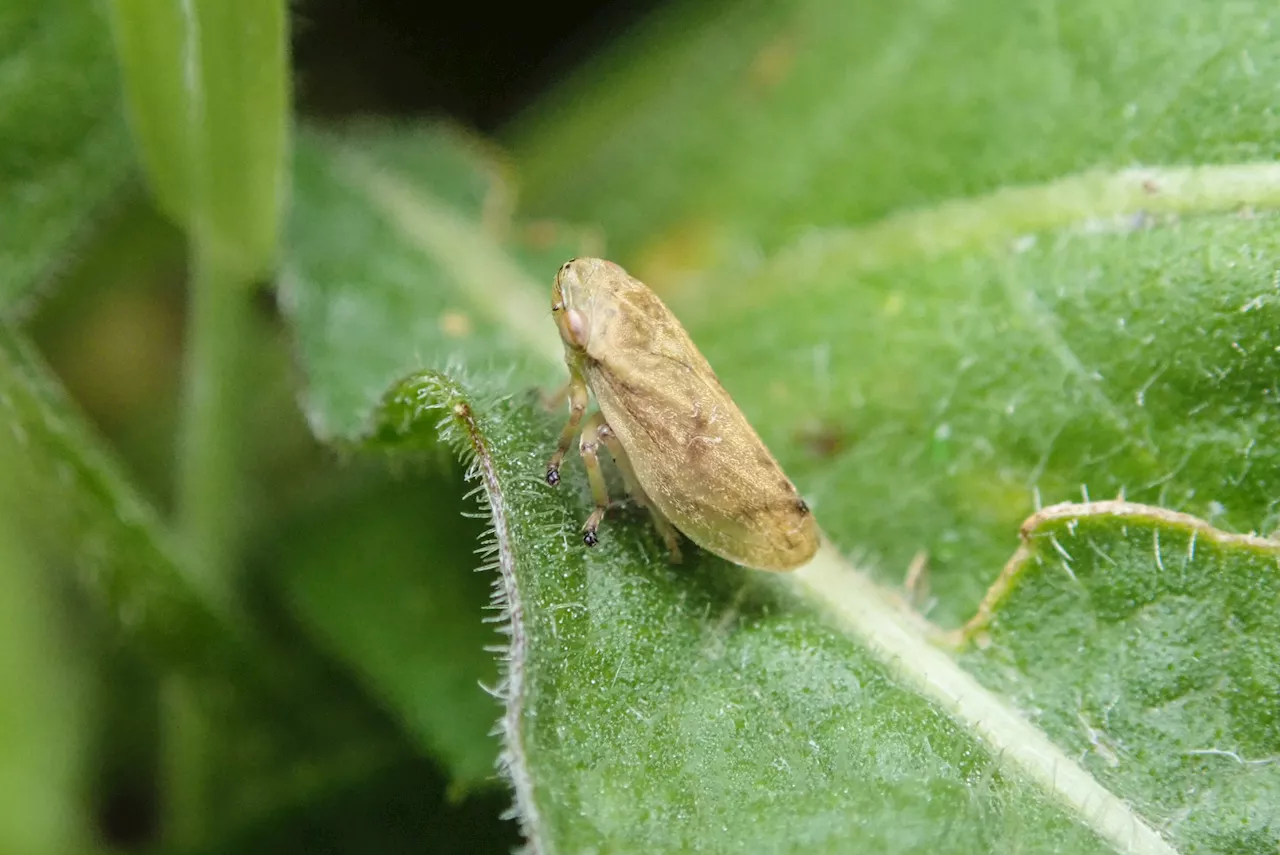New research shows that plants such as oak and poplar trees will emit more of a compound called isoprene as global temperatures climb. Isoprene from plants represents the highest flux of hydrocarbons to the atmosphere after methane. Although isoprene isn’t inherently bad — it actually helps plants better tolerate insect pests and high temperatures — it can worsen air pollution by reacting with nitrogen oxides from automobiles and coal-fired power plants. The new publication can help us better understand, predict and potentially mitigate the effects of increased isoprene emission as the planet warms.
shows that plants such as oak and poplar trees will emit more of a compound called isoprene as global temperatures climb. Isoprene from plants represents the highest flux of hydrocarbons to the atmosphere behind methane. Although isoprene isn't inherently bad -- it actually helps plants better tolerate insect pests and high temperatures -- it can worsen air pollution by reacting with nitrogen oxides from automobiles and coal-fired power plants.
"Do we want plants to make more isoprene so they're more resilient, or do we want them making less so it's not making air pollution worse? What's the right balance?" Sharkey asked."Those are really the fundamental questions driving this work. The more we understand, the more effectively we can answer them."Sharkey has been studying isoprene and how plants produce it since the 1970s, when he was a doctoral student at Michigan State.
Now, with support from the National Science Foundation, Sharkey and his team are working to better understand the biomolecular processes plants use to make isoprene. The researchers are particularly interested in how those processes are affected by the environment, especially in the face of climate change.
"Scientists have been trying to find this for a long time," Sahu said."And, finally, we have the answer." "Working with Tom, you realize plants really do emit a lot of isoprene," said Mohammad Mostofa, an assistant professor who works in Sharkey's lab and was another author of the new report.
South Africa Latest News, South Africa Headlines
Similar News:You can also read news stories similar to this one that we have collected from other news sources.
 New research shows plants could worsen air pollution on a warming planetIt's a simple question that sounds a little like a modest proposal: 'Should we cut down all the oak trees?' asks Tom Sharkey, a University Distinguished Professor in the Plant Resilience Institute at Michigan State University.
New research shows plants could worsen air pollution on a warming planetIt's a simple question that sounds a little like a modest proposal: 'Should we cut down all the oak trees?' asks Tom Sharkey, a University Distinguished Professor in the Plant Resilience Institute at Michigan State University.
Read more »
 Plant rustlers stealing valuable landscape plantsCraig Smith enjoys the way reporting can be a passport to interesting experiences.
Plant rustlers stealing valuable landscape plantsCraig Smith enjoys the way reporting can be a passport to interesting experiences.
Read more »
 New exhibit in New York pays tribute to Dorothy Liebes, who popularized blingy, colorful textilesNew York City has opened a new exhibit dedicated to Dorothy Liebes, a weaver and designer who popularized color, textile, and bling for decades in the 20th century.
New exhibit in New York pays tribute to Dorothy Liebes, who popularized blingy, colorful textilesNew York City has opened a new exhibit dedicated to Dorothy Liebes, a weaver and designer who popularized color, textile, and bling for decades in the 20th century.
Read more »
 Kyoto Animation Arson: New Trial Update Provides New Info From Studio PresidentThe Kyoto Animation Arson trial is ongoing, and the studio's president took time there to address [...]
Kyoto Animation Arson: New Trial Update Provides New Info From Studio PresidentThe Kyoto Animation Arson trial is ongoing, and the studio's president took time there to address [...]
Read more »
 Meadow spittlebug's record-breaking diet also makes it a top disease carrier for plantsNew research fueled in part by citizen scientists reveals that the meadow spittlebug—known for the foamy, spit-like urine released by its nymphs—can feed on at least 1,300 species of host plants, more than twice the number of any other insect.
Meadow spittlebug's record-breaking diet also makes it a top disease carrier for plantsNew research fueled in part by citizen scientists reveals that the meadow spittlebug—known for the foamy, spit-like urine released by its nymphs—can feed on at least 1,300 species of host plants, more than twice the number of any other insect.
Read more »
